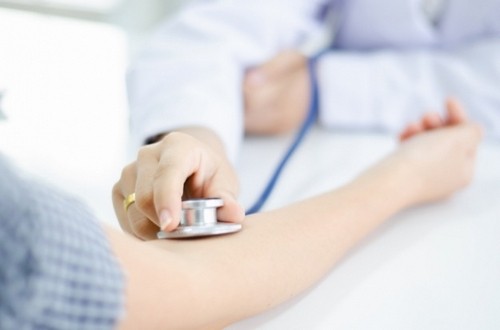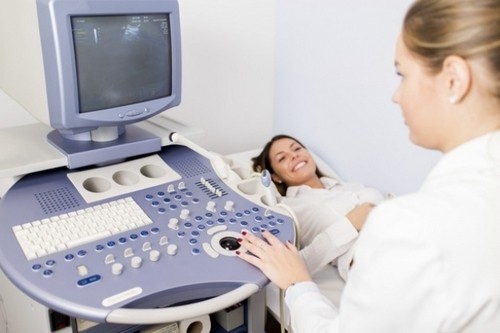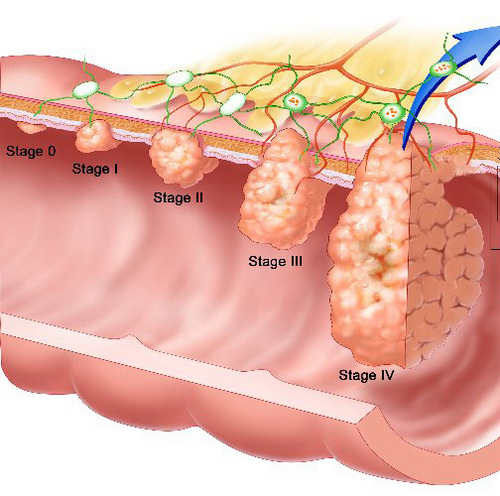We recommend that young women begin their annual gynecologist visit at around the age of 15. Sometimes parents do not consider this necessary, but finding a gynecologist you can trust at this age is very important.
Early years: 15 to 21 years old
Between the ages of 15 and 21, an annual visit is usually more a conversation than an examination. A gynecologist can talk with a girl about contraception and sexually transmitted infections (STIs).
Regardless of whether the patient is sexually active or not. It is important to equip young women with the knowledge they need to protect against infections and unplanned pregnancies. You can also discuss the HPV vaccine and home breast tests.
At the age of 21, girls are advised to take the first Pap test. A pap test is recommended every three years between the ages of 21 and 30 to diagnose cervical cancer and HPV.
Years of “family planning”: from 22 to 44 years
Starting at this stage of life, an annual visit includes an examination of the chest, abdomen and pelvis. The doctor will check the body for abnormalities: cysts or painful areas, and discuss your problems with you.

At the annual visit, blood pressure and body mass index (BMI) are also measured. You can talk to your gynecologist about a family history, nutrition, exercise, and weight management to help lower your risk of developing type 2 diabetes and certain types of cancer.
Most patients in this age group are interested in pregnancy. During the annual visit, you can discuss the possibility of contraception, fertility, conception. If you have health problems: high blood pressure or diabetes, then you can try to fix or improve them before pregnancy.
Starting at age 30, women are advised to be tested for human papillomavirus (HPV). HPV is common among this age group and often has no symptoms. Some HPV strains can cause cervical cancer, genital warts, or cancer of the mouth and neck if left untreated. There is currently a vaccine against HPV given to girls, usually around nine years old. But the vaccine can be delivered up to 45 years.
The HPV test can be performed at the same time and from the same sample as the Pap test. According to current recommendations, a test can be performed every three to five years. If there are any abnormalities, the doctor will determine how often the patient should return for examination.
Most women of this age have menstruation, and many develop ovarian cysts that come and go during the cycle. If a cyst or lump in your stomach is found during the examination, you may be given an ultrasound scan to determine what it is. Ultrasound can be done abdominal (outside) or transvaginal (inside the vagina using an ultrasound stick).
Ultrasound is often performed at the end of the cycle – if you do it first, you can find functional cysts that can disappear at the end of the cycle. If a cyst was detected at the end of the cycle, this may signal a more serious problem.
The initial stage of menopause: from 45 to 54 years
On average, menopause occurs in 50-52 years. At this stage of life, many women have irregular or heavy periods. Their hormones can fluctuate, leading to typical symptoms of menopause: night sweats, mood swings and hot flashes.
There are many treatment options for these symptoms, including:
- Lifestyle changes (diet and exercise).
- Drug treatment.
- Hormone replacement therapy.
- Alternative, complementary methods (meditation and acupuncture).

It is also the age when most women should be screened regularly for a number of other potential problems. Mammography, bone density screening, and colonoscopy can help women stay healthy as they grow older.
Usually, if a woman does not have a family history of breast cancer, it is recommended that you begin to do a mammogram before age 30. After 30, it is recommended to have a mammogram every six months.
Another problem at this age is bone health. When a woman has her period, the body produces hormones, namely estrogen, which protects the bones. Once the menstrual cycle stops, the ovaries reduce the amount of estrogen produced and some bone loss occurs, which can lead to osteoporosis, which increases the risk of fracture.
During your annual visit, talk to your gynecologist about exercise and diets that can help protect your bones. At this age, many women undergo a basic bone density test to determine their condition, especially if they have an acute family history of osteoporosis.
55 years and older
At this age, women are more likely to experience hormonal changes. Vaginal dryness and decreased sexual desire often become major problems, so their treatment can be discussed with a gynecologist.
When women enter their 60-70 years old, they are more and more worried about the vulva – the outer side of the vagina. Irritating or painful symptoms may appear. One of these conditions – sclerotrophic lichen – causes skin changes associated with a decrease in estrogen production.
The condition can cause severe itching and irritation, and can also be precancerous. During the annual visit, especially after 55 years, the vulva should be thoroughly examined to treat skin diseases, as well as to identify potential cancer at an early stage.




Most patients in this age group are interested in pregnancy. During the annual visit, you can discuss the possibility of contraception, fertility, conception. If you have health problems: high blood pressure or diabetes, then you can try to fix or improve them before pregnancy.